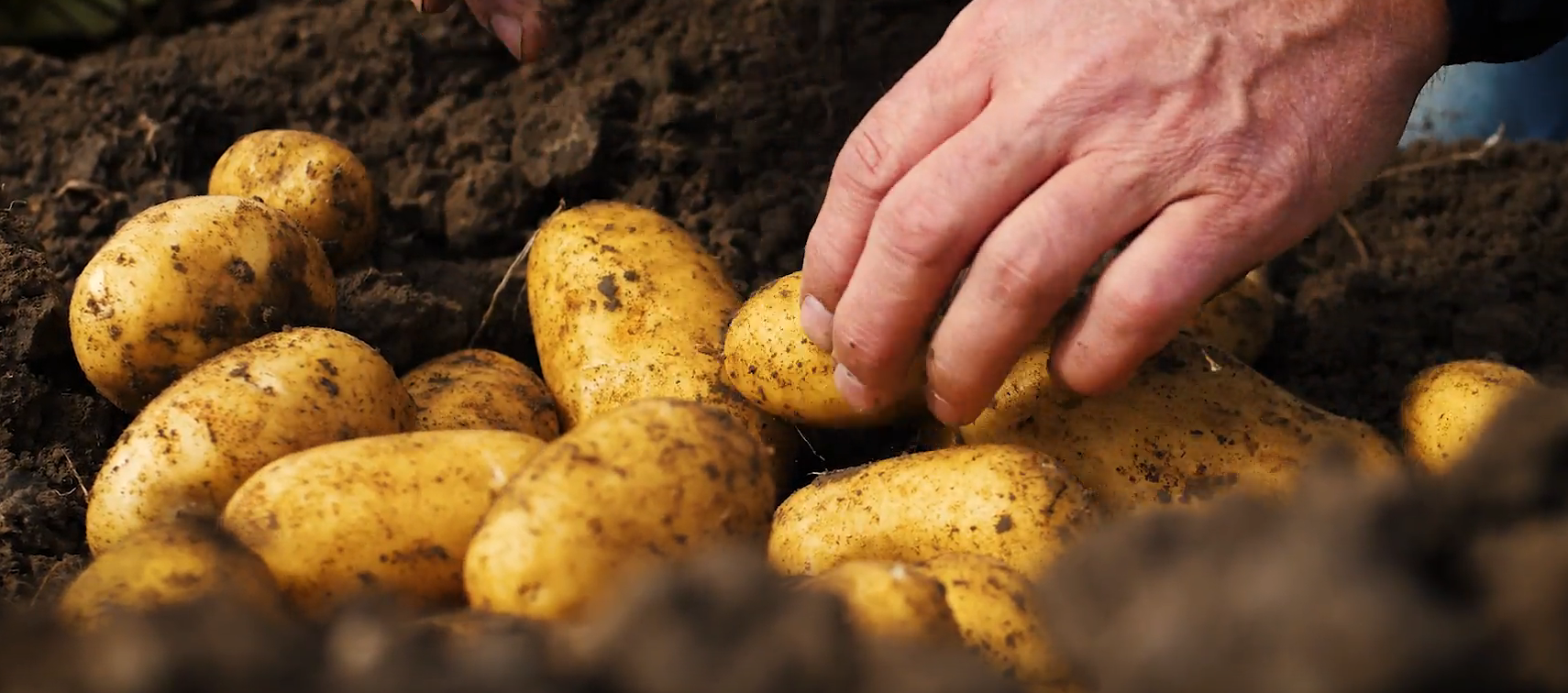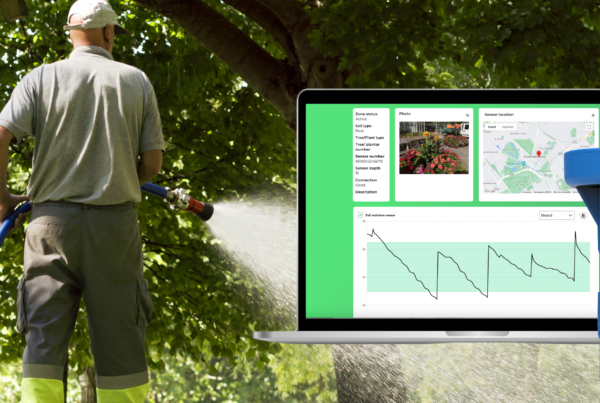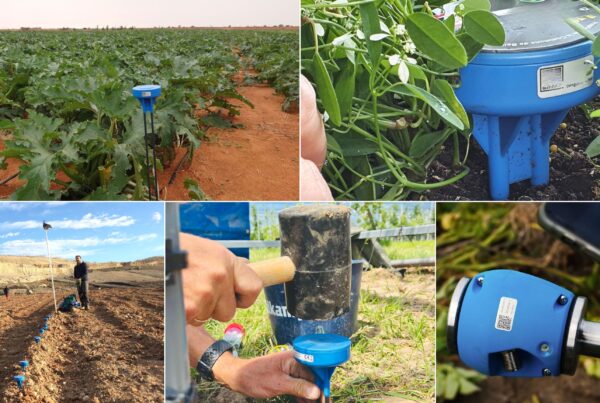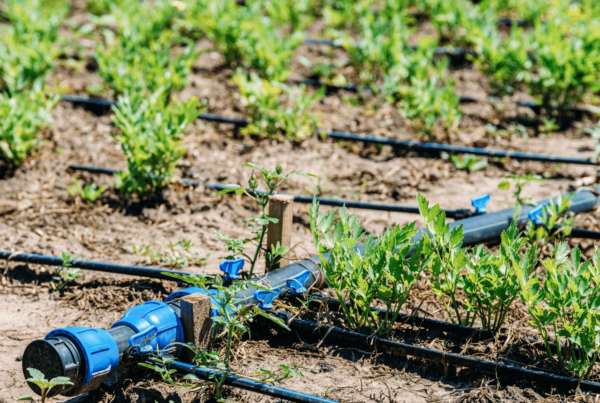Revolutionizing Agriculture with Real-Time Soil Condition Data
Farmers can no longer afford to rely on traditional farming methods alone. To enhance crop health, reduce costs, and create more efficient farming solutions, it’s essential to embrace the power of technology. The agriculture industry, the cornerstone of developed and developing economies worldwide, is set to undergo a transformation. By 2022, the market for smart agriculture is projected to surge from approximately $9.58 billion in 2017 to a staggering $23.14 billion, reflecting the sector’s shift towards innovation and sustainability.
Sustainable Farming Solutions for Modern Agriculture
Key factors, such as exponential population growth, food security concerns, and the ever-pressing issue of climate change, have created an urgent need for innovative approaches in agriculture. The primary challenge is to do more with less land, and the answer lies in the Internet of Things (IoT). IoT technology promises to revolutionize the agriculture industry by providing end-to-end visibility throughout agricultural processes. Here are some of the many benefits:
- Real-Time Data Collection: With the help of sensors connected to IoT, farmers can gather data in real-time. These sensors monitor parameters such as temperature, volumetric water content, rainfall, and other vital field information. The wealth of information collected enables farmers to identify trends, understand historical behavior, and even predict irrigation needs, thereby promoting crop health and resource management.
- Wireless Monitoring Capability: The wireless monitoring capacity offered by IoT empowers farmers to remotely check crop water levels. Whether through mobile devices or PCs, real-time data access means quick decision-making. If an issue arises, counteractions can be taken instantly, reducing crop damage and losses.
- Enhanced Irrigation Efficiency: IoT sensors enable precise irrigation management. Under or over-watering crops can be disastrous, affecting both crop health and resource conservation. IoT technology ensures that crops receive the precise amount of water they require, improving crop yields and resource optimization.
- Energy-Efficient Sensors: IoT sensors consume minimal energy, resulting in longer battery life and fewer maintenance costs. This energy efficiency not only saves money but also reduces the environmental impact.
Meeting Agriculture Challenges Head-On
Traditional farming practices, including manual soil parameter checks, place a substantial burden on operational costs. The time, effort, and resources required for such practices can limit a farm’s efficiency and sustainability. It’s challenging to achieve uniform soil moisture status across extensive farmlands without real-time data.
Nature-Based Solutions for Agriculture
The absence of real-time soil humidity data can lead to over- or under-watering crops, resulting in both water wastage and crop damage. Planting, cultivating, and harvesting timing is also impacted by the lack of data. Soils vary considerably, even within a single site, which can disrupt planting, cultivating, and harvesting schedules.
The Future of Agriculture: IoT Solutions
The potential of IoT technology and connected devices offers a pathway to sustainability for the agriculture industry. The network formed by communicating devices can predict and manage variability in the field, enhancing decision-making.
IBM estimates that by 2050, IoT will empower farmers to improve crop yields by a staggering 70%. Beyond improving crop yields, IoT has the potential to conserve water, potentially saving up to 50 billion gallons annually. Sensors support farmers in optimizing water usage during irrigation, ensuring that water is used efficiently and sustainably. A comprehensive IoT approach will drive the transformation of the agriculture industry.
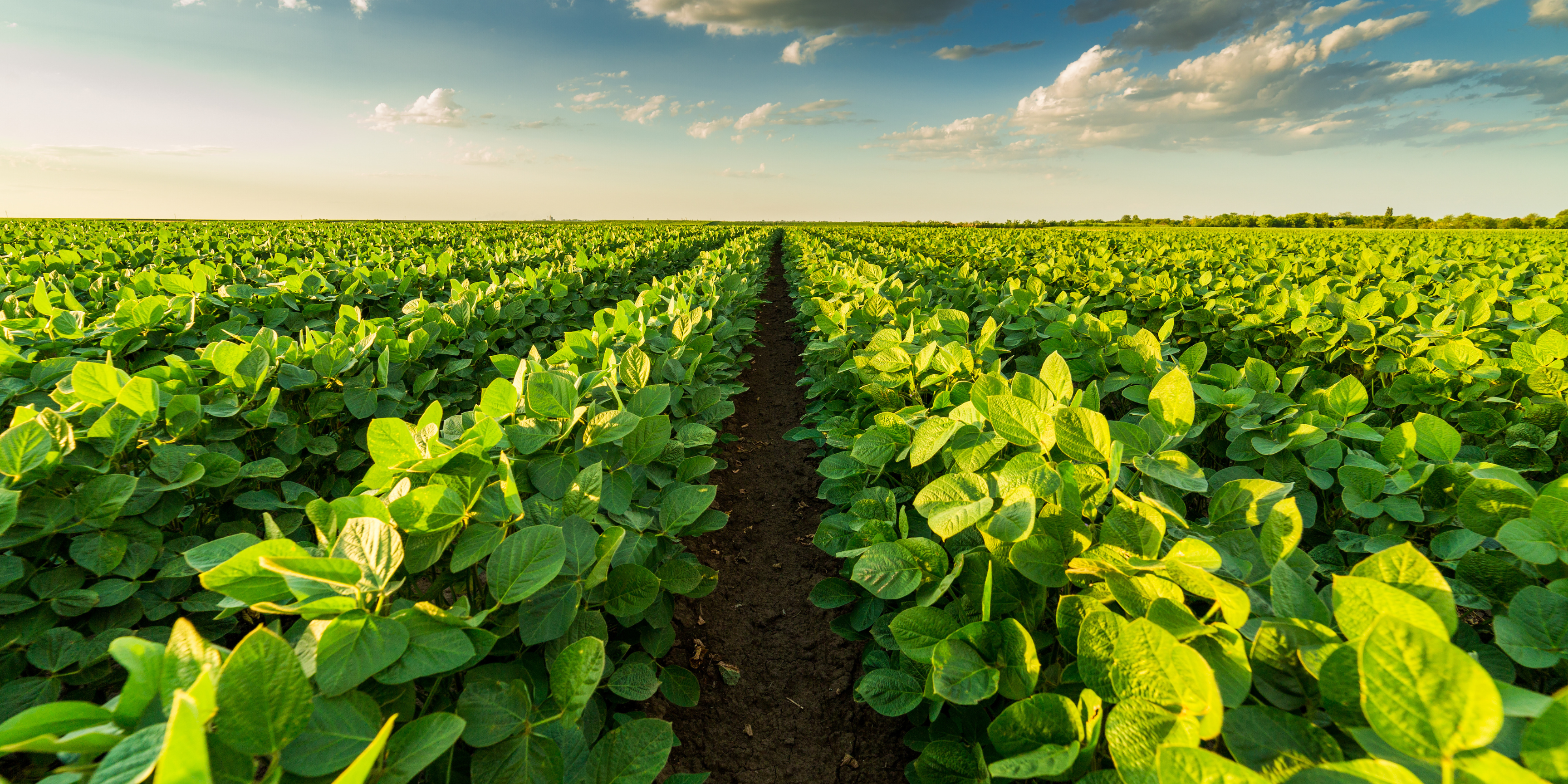
Unlocking the Potential of IoT Solutions
The benefits of IoT implementation are profound, impacting farms of all sizes. These advanced solutions offer various advantages:
- Automated Irrigation: IoT solutions incorporate smart sprinkler systems that trigger irrigation precisely when soil humidity falls below the desired threshold. By integrating Sensoterra soil moisture data into comprehensive farm overviews, farmers gain more control over their irrigation processes.
- Continuous Soil Quality Monitoring: Sensor data is stored and backed up, ensuring that farmers have access to historical soil moisture information. Notifications alert farmers to any deviations, with user-friendly graphs illustrating soil moisture percentages, simplifying data interpretation.
- Water Conservation: Automated irrigation systems help conserve water by eliminating over-watering. Farmers can set humidity level set points, which help identify optimal soil moisture levels, preventing both under- and over-watering.
- Reduced Operational Costs: IoT solutions eliminate the need for manual soil moisture checks, reducing labor costs and overall production expenses. The end result is more efficient, cost-effective, and sustainable farming practices.
About Sensoterra
Sensoterra is a pioneering leader in the field of wireless soil moisture sensors, offering cutting-edge IoT soil moisture sensor solutions for smart agriculture. Our state-of-the-art Sensoterra soil moisture sensors are at the forefront of agriculture IoT, providing unparalleled soil moisture monitoring capabilities.
Our commitment to precision agriculture technology allows farmers to make informed decisions, optimize their irrigation systems, and embrace sustainable farming solutions. With Sensoterra, access to real-time soil moisture data is at your fingertips, enabling precise water management and water resource management for your agricultural operations.
Sensoterra, established in 2015, with its headquarters in Houten, The Netherlands, develops water management solutions for agriculture/horticulture, smart city management, and water governance. Sensoterra has over 12,000 sensors in the ground globally, and generates hundreds of thousands of data points for smart water management, daily.
Contact for more information, pictures and/or interview requests:
Jessica Nuboer
Marketing & Communications
Sensoterra
Email: [email protected]

